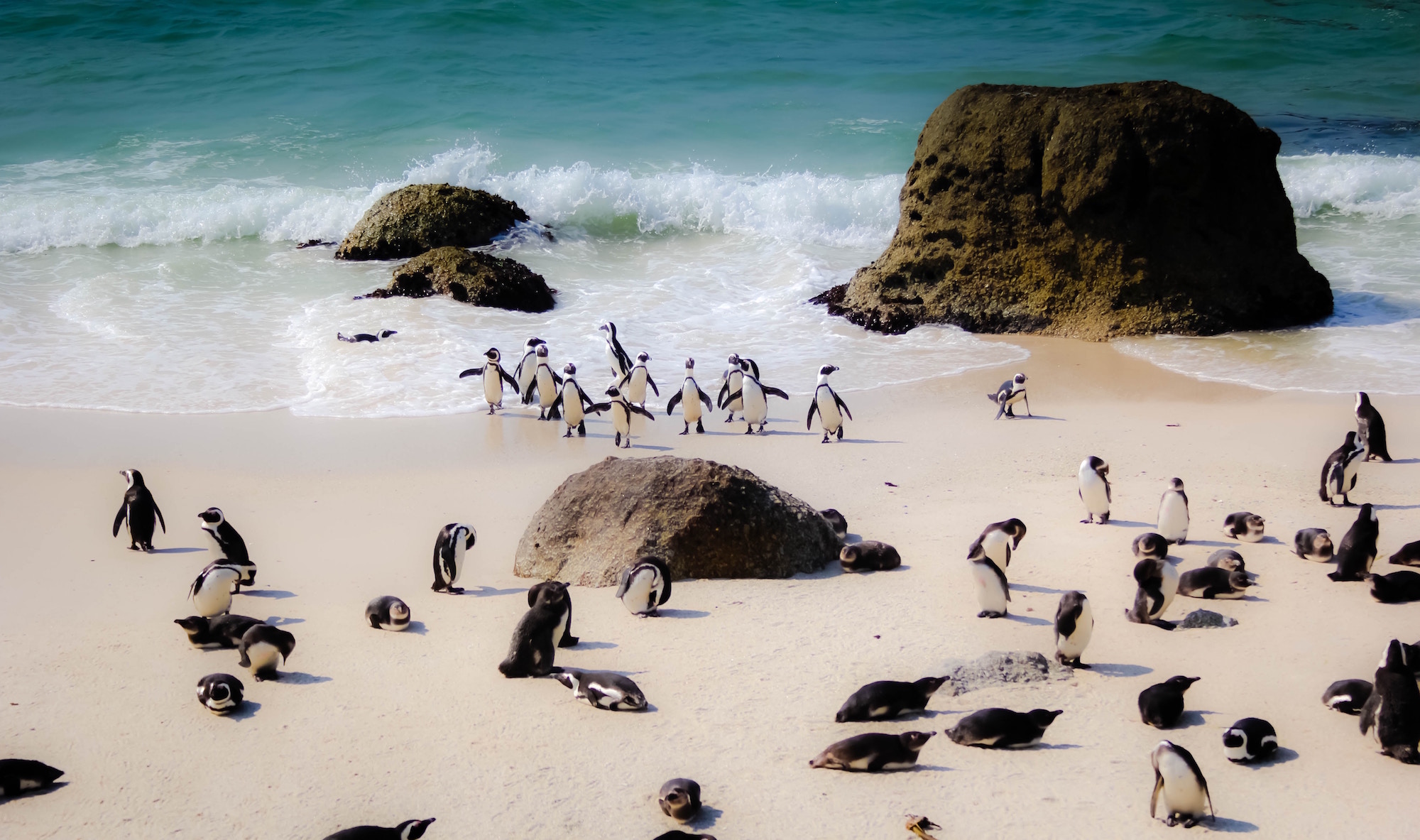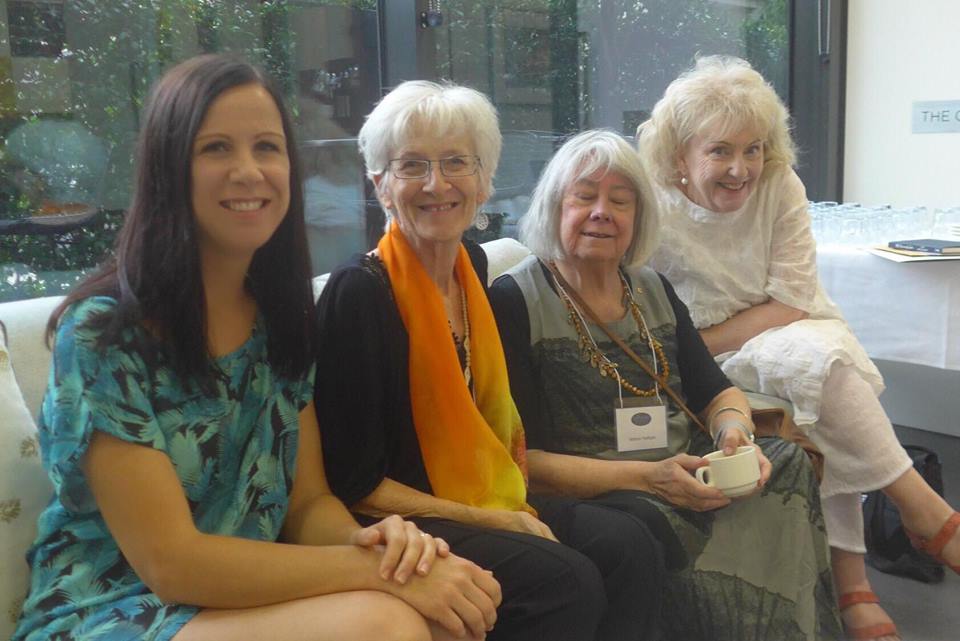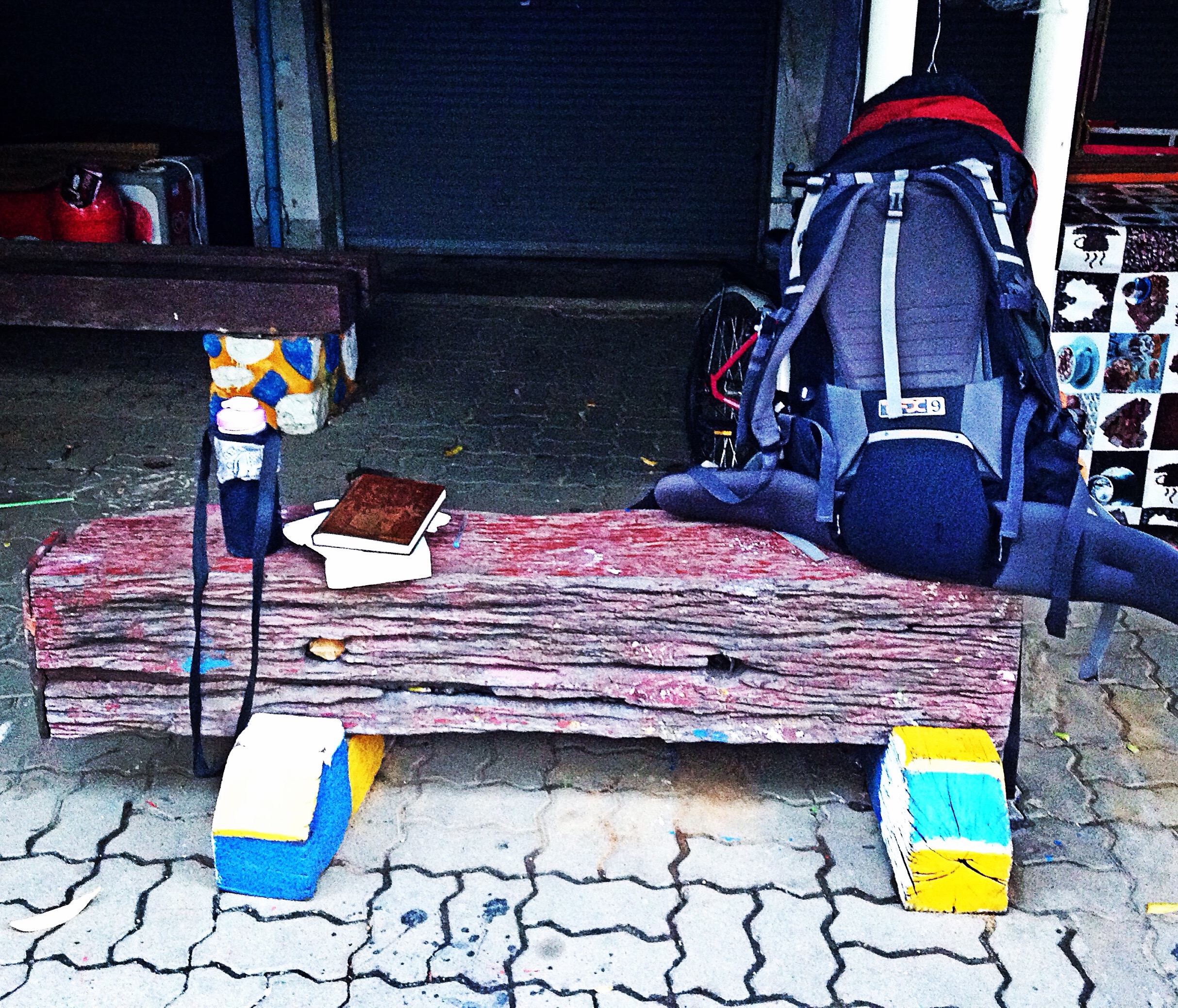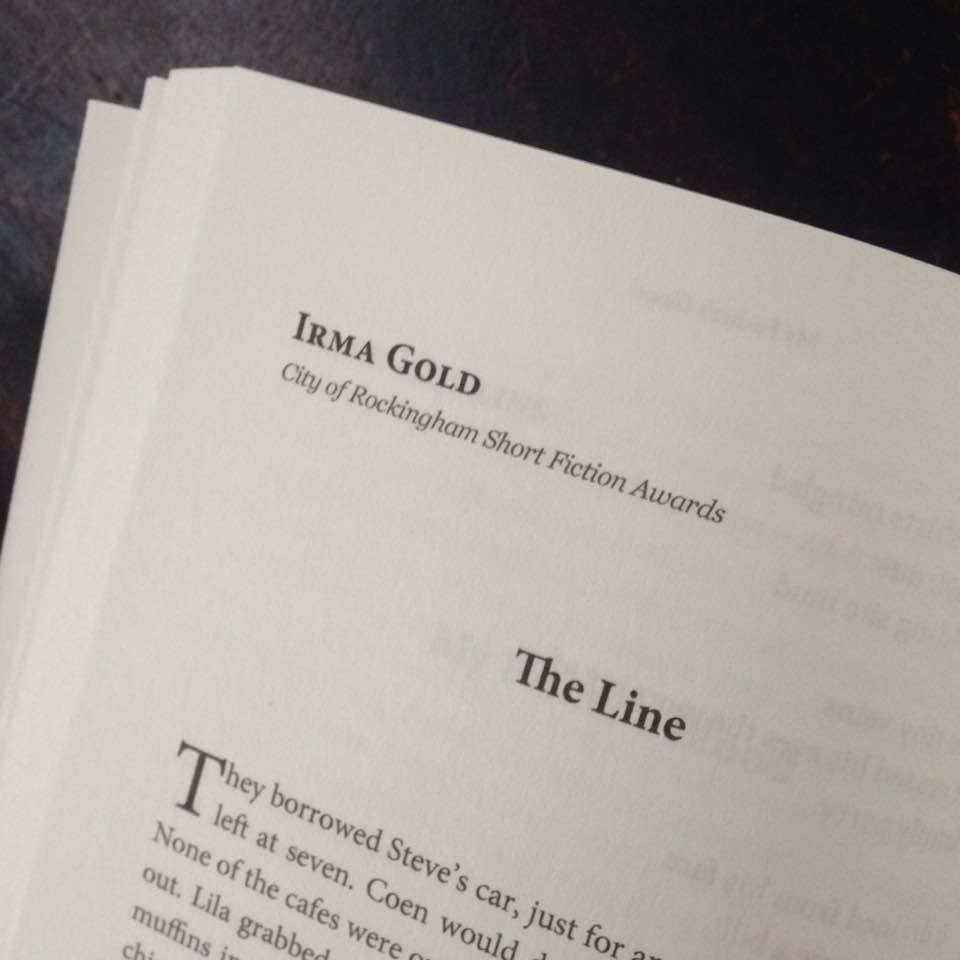The dance between character and place in fiction
Place is so important in fiction writing. It is more than just setting, more than just a space that characters inhabit. The way each of us views a place is different, filtered through our subjective experiences. And the way characters interact with the space around them can reveal so much about their interior lives. So, for me at least, place is intrinsic to story.
Usually the characters and their setting arrive in my imagination in tandem. They are already entwined. But occasionally the characters arrive in search of a home. Before I travelled to South Africa, I had a trio of characters playing in my head who I knew were destined for a short story. And on a trip to Boulders Beach, near Cape Point, I found the perfect space for them — a place that offered echoes for the things my characters were wrestling with.
Read More »The dance between character and place in fiction
My brother and I took the train from Cape Town to Simon’s Town. It was the most glorious ride and the footage below gives you a glimpse of why.
From Simon’s Town we walked to Boulders Beach, which was swarming with tourists and penguins. I’m not a fan of tourist traps but it was worth battling through selfie sticks to see these cute little guys. African penguins look very similar to Magellanic penguins from South America, who feature in my next kids book, Where the Heart Is (June 2021), so it was extra special to see them sunning and squawking and swimming. We also smelt them, oh how we smelt them.











